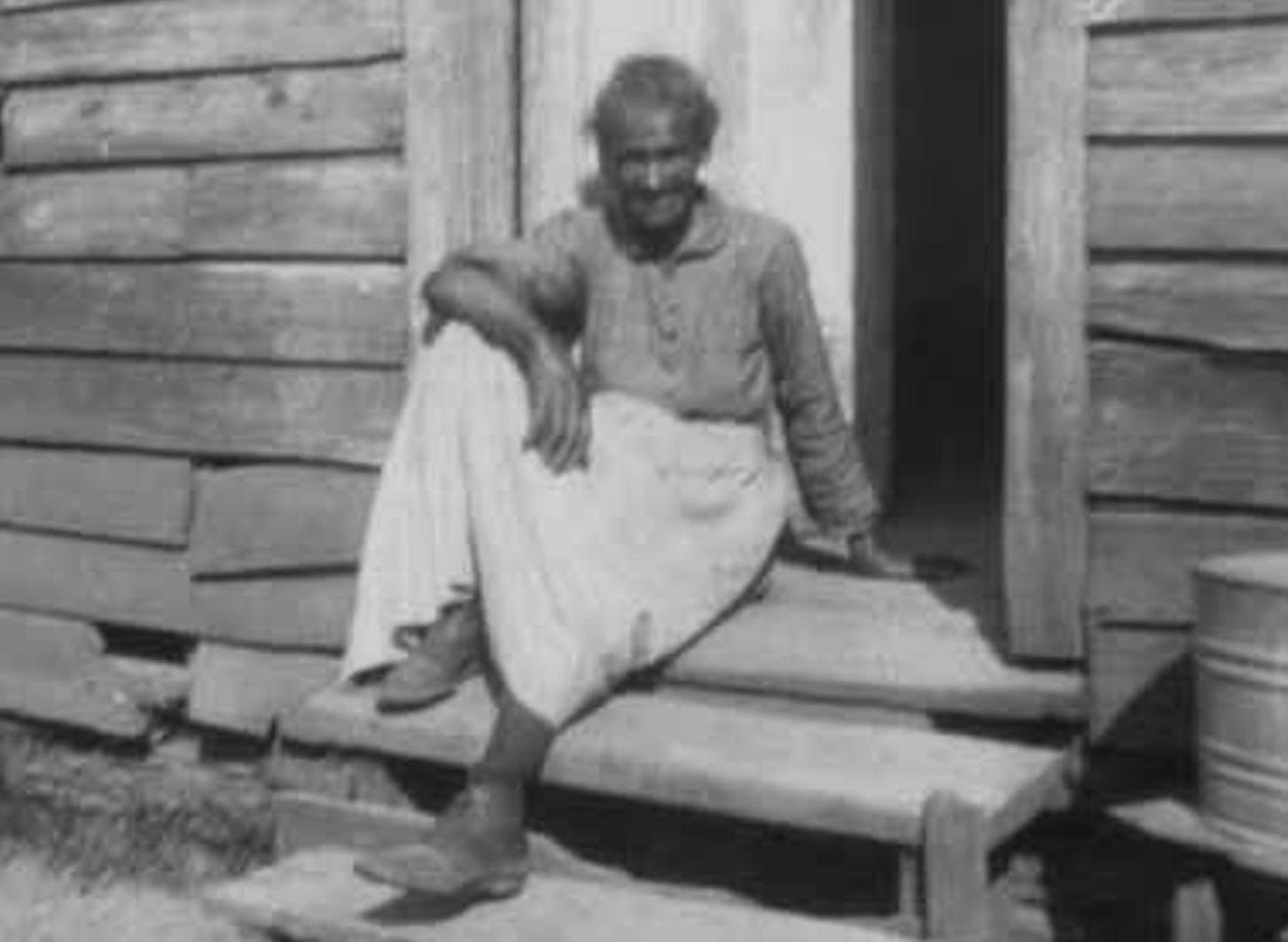This Day In History: June 3rd
Jefferson Davis, who served as the president of the Confederate States of America, the group of southern states that seceded from the union, was born on this day in 1808. He was president from 1861-1865 when the traitorous confederacy lost the war. Davis, who owned more than 100 human beings, believed that Africans were inferior. In a speech to the U.S. Senate in 1860, Davis, a senator from Mississippi, in defending the institution of slavery, said, “We recognize the fact of the inferiority stamped upon that race by the Creator, and from cradle to grave, our government, as a civil institution, marks that inferiority.”
On This Day, we honor the voices of those held in bondage.
From 1936 to 1938, the Works Progress Administration, a New Deal agency, sent workers throughout the South to collect oral histories from survivors. They collected more than 2,000 interviews, including those from the state of Alabama, which on this day has celebrated the birth of Jefferson Davis as a state holiday. Today we celebrate the lives of those who survived slavery in America.
The Library of Congress has all of the recordings, which have been transcribed. Here are some of the testimonies collected from interviews in Alabama in 1937:
Laura Clark
Born in North Carolina, Laura Clark was sold away from her mother when she was 6 or 7 years old. She told her account to an interviewer in 1937 when she was 86.
“I recollect Mammy said to old Julie, ‘Take care my baby child (that was me), and if I never see her no more raise her for God.’ Then she fell off the wagon where us was all sitting and roll over on the ground just a-crying. But us was eatin’ candy what they done give us for to keep us quiet, and I didn’t have sense enough for to know what ailed Mammy, but I know now and I never seed her no more in this life. When I heard from her after surrender she done dead and buried. Her name was Rachel Powell. My pappy’s name I don’t know cause he done been sold to somewhere else when I was too little to recollect. But my mammy was the mother of 22 children and she had twins in her lap when us drive off. My grandmammy said when I left ‘Pray, Laura, and be a good gal, and mind both white and black. Everybody will like you, and if you never see me no more, pray to meet me in heaven. Then she cried. Her name was Rose Powell.”
Angie Garrett
Born into slavery in Mississippi
“Us would get up before daylight. ‘Twas dark when (you) go out, dark when (you) come in. Us make a little fire in the field some mornings, it be so cold; then us let it go out before the overseer come. If he seed you he’d make you lay down flat on your belly, foots tied out and hands tied out and whoop yer. The whip was a leather strap with a handle. I been whooped til I tell lies on myself to make them quit. Say they whoop till I tell the truth, so I had to lie about myself to keep them from killing me.
If any of us died in those days, (they) buried us as quick as they could and got out of there and got to work.”
Delia Garlic
Montgomery, Alabama
“I was growed up when the war come, and I was a mother before it closed. Babies was snatched from their mother’s breasts and sold to speculators. Children was separated from sisters and brother and never saw each other again.
Course they cry; you think they not cry when they was sold like cattle? I could tell you about it all day, but even then you couldn’t guess the awfulness of it.
It’s bad to belong to folks that own you soul and body; that can tie you up to a tree, with your face to the tree and your arms fastened tight around it; who take a long curling whip and cut the blood, every lick. Folks a mile away could hear them awful whippings. They was a terrible part of living.”
Oliver Bell
Livingston, Alabama
“I’ll tell you the first thing I remember, and I don’t know what started it. One day my mammy done something, and old master made her pull her dress down round her waist and made her lay down across the floor. Then he taken a leather strap and whooped her. I remembers that I started crying and Mistus Beckie said, ‘Go get that boy a biscuit.’ “



